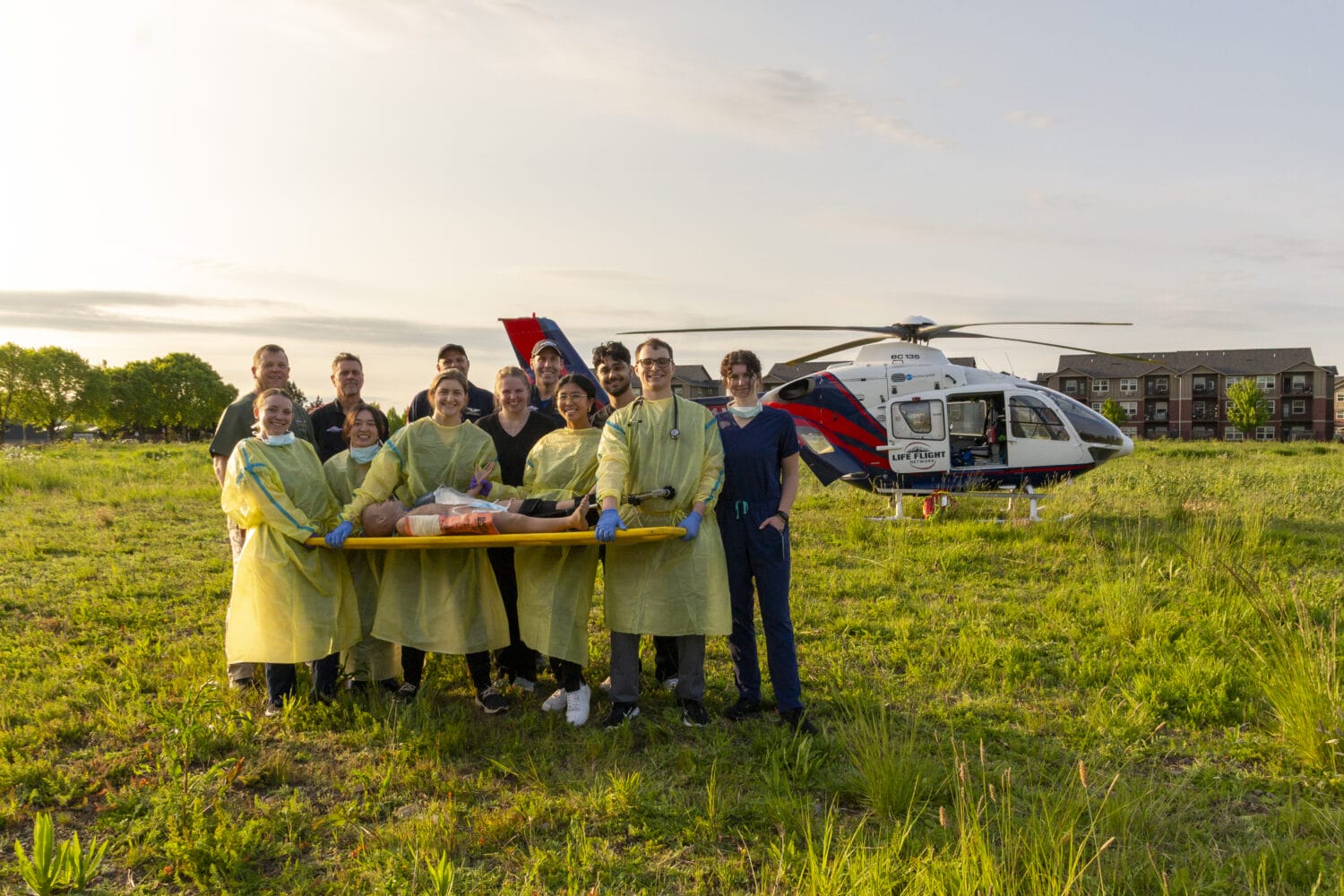Vet professor studies Alzheimer's disease
With more than 77 million baby boomers nationwide, the issue of
Alzheimer’s disease is a newsworthy matter of interest. It’s definitely
one for Dr. Margaret Barr, professor in the College of Veterinary
Medicine and herself a baby boomer. She is studying a vaccine for the
debilitating disease thanks to a $240,000 grant from the Alzheimer’s
Association.
The research in this grant, Dr. Barr explains, involves the use of a
novel vaccine technology to stimulate a protective immune response to key
fragments (epitopes) of the Alzheimer’s disease amyloid protein.
The rationale of this proposal is based on the presentation of these
epitopes on the exterior surface of non-infectious hepatitis virus core
particles in such a way as to stimulate production of antibodies to the
protein fragments.
The goal is to develop a vaccine that can prevent further amyloid
protein from being deposited in plaques in the brain of Alzheimer’s
disease patients and possibly even reverse some of the signs of disease.
Dr. Barr, and fellow CVM professor Dr. Suzana Tkalcic, also received
$5,420 from WesternU for their study, “”Development of a Guinea Pig Model
for Testing Alzheimer’s Disease Vaccines.””
The guinea pigs are used, she says, because their amyloid protein —
the suspected cause of Alzheimer’s disease symptom — is more similar to
the human amyloid than is mouse amyloid. Dr. Barr hopes that through her
research, she will be able to more closely predict human responses to the
vaccine.
“”One of the promising Alzheimer’s disease vaccines that went into
clinical trials was tested primarily in genetically modified mice before
going into humans,”” she says. “”When humans were vaccinated, a serious
side effect of the vaccine — inflammation in the brain — developed in a
small percentage of people. This response was not predicted by the work
in mice. Guinea pigs have been used for decades to study allergic
diseases and other models for human disease.””
Dr. Barr says that although Alzheimer’s disease is a human disease,
there are also several veterinary diseases that involve amyloid
protein. “”As a veterinarian, I hope my research can be expanded to
include some of these diseases.””



